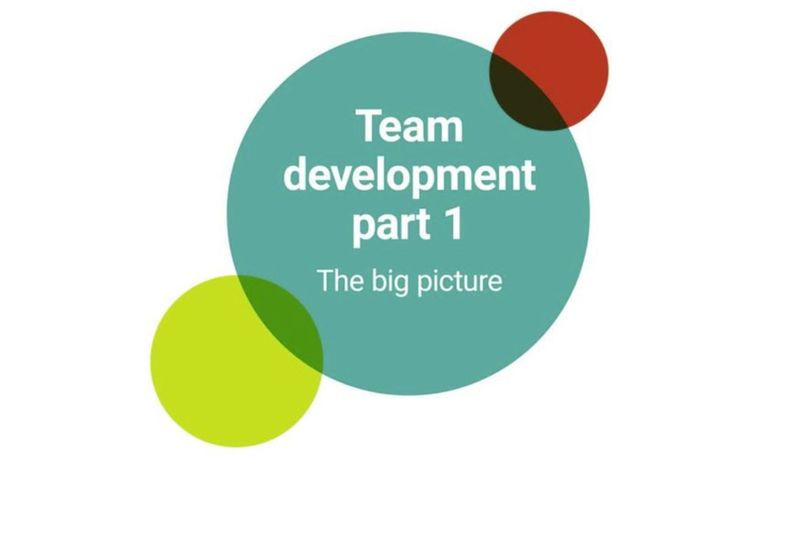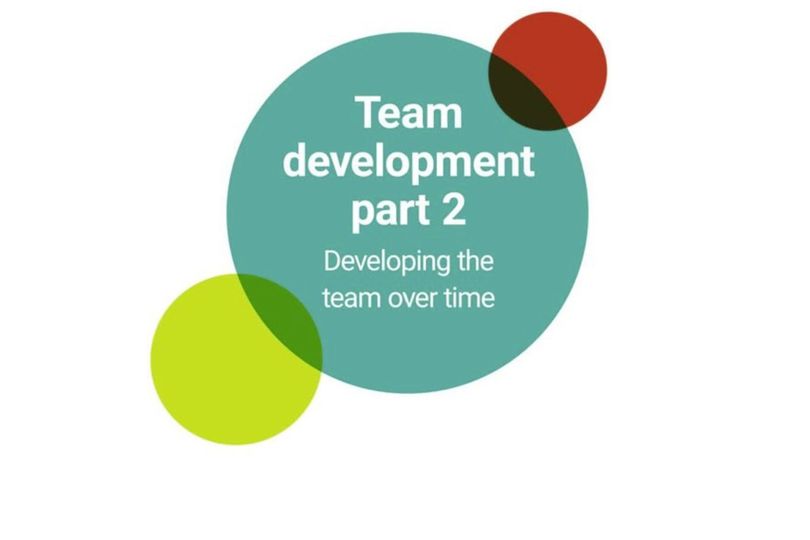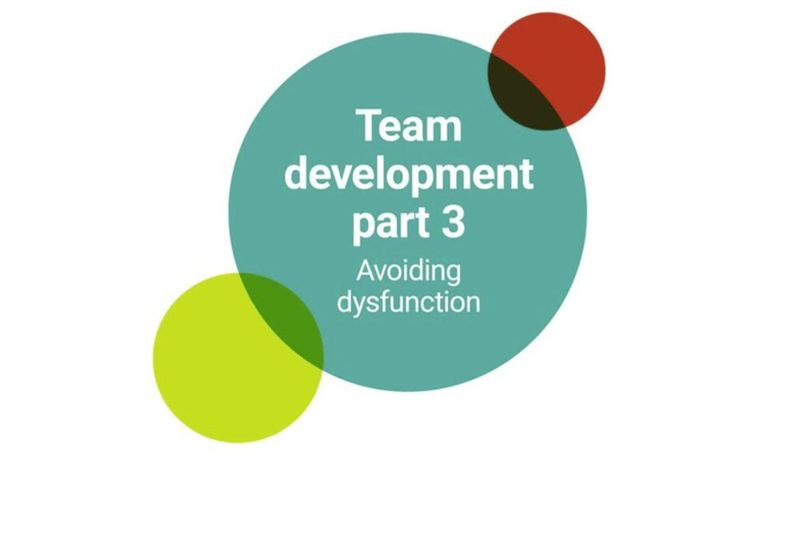In a three-part look at what helps teams to function, we present three models that will help you to get off to an effective start with leading your research group:
Part 1: The big picture
A look at the big picture of juggling elements of your team as its leader.
Part 2: The typical stages of group formation
Understanding these stages of group formation will help you to notice where your team is in its development, and what support it might need over time.
Part 3: Team dysfunction
A look at the different factors that can lead a team to dysfunction, so that you can plan to prevent them!
After viewing the team development videos, you will find the following resources useful:
- Lencioni team audit (pdf) - Use this quick scorecard after watching video part 3 on team dysfunction above. It will help you to see where your current team or collaboration are in relation to the Lencioni team dysfunctions. Perhaps ask your team members to provide scores as well – do you all agree?
- Getting a team or collaboration off to a good start (doc) - Based on the ‘Dysfunctions of a team’ idea presented in video 3 above, this is a questionnaire to check where your team or collaboration colleagues might differ in their needs or expectations. Use it when you establish your team, and again in periodic reviews, perhaps when the team or its aim changes. It could also identify some potential conflicts before they arise and are difficult to address.
- Tip sheet - six tips for developing your team (pdf)
Previous and next
Go back to the previous section: Building and developing a team overview
Go to the next section: Developing a vision


